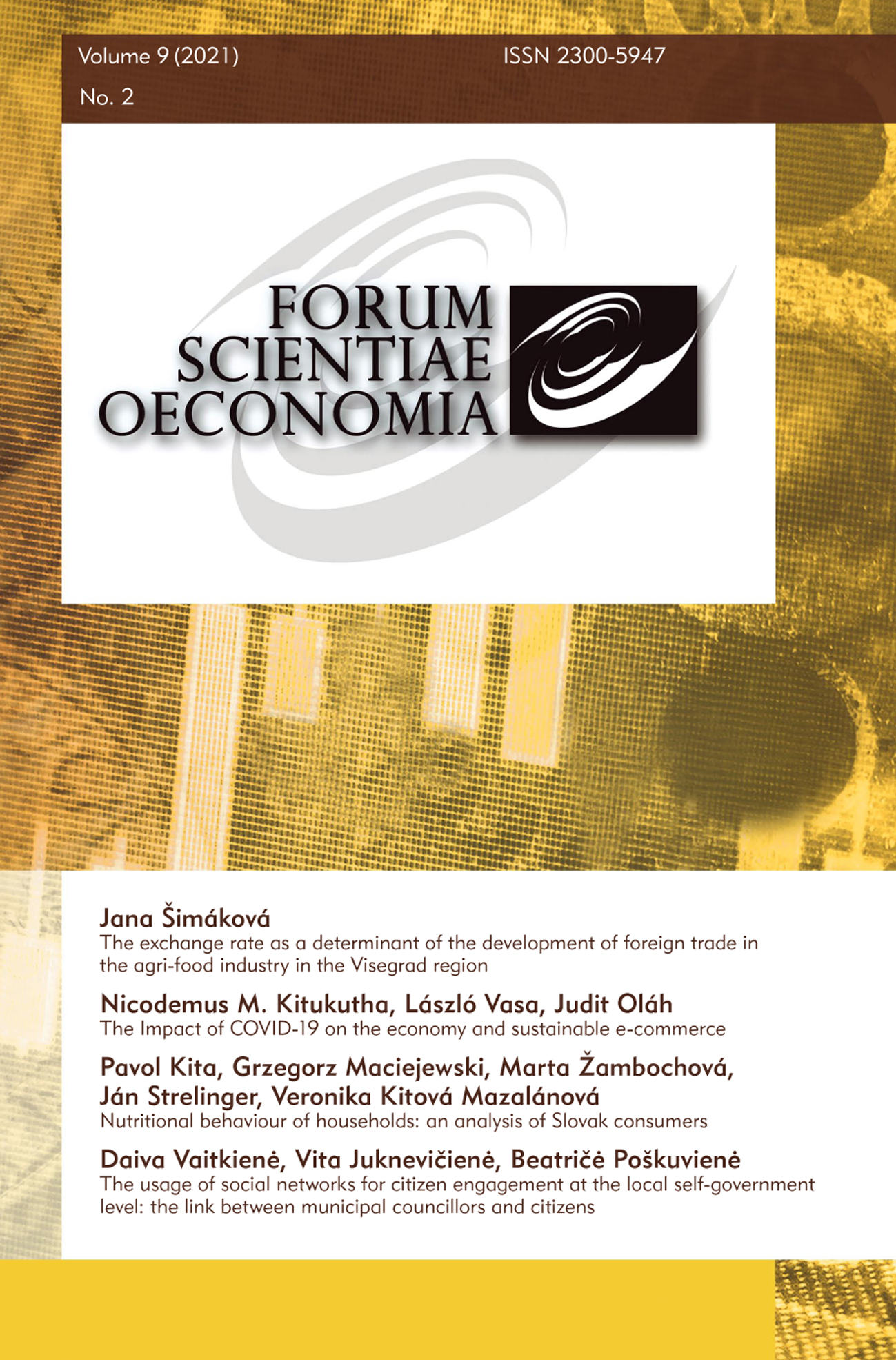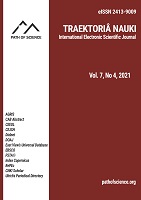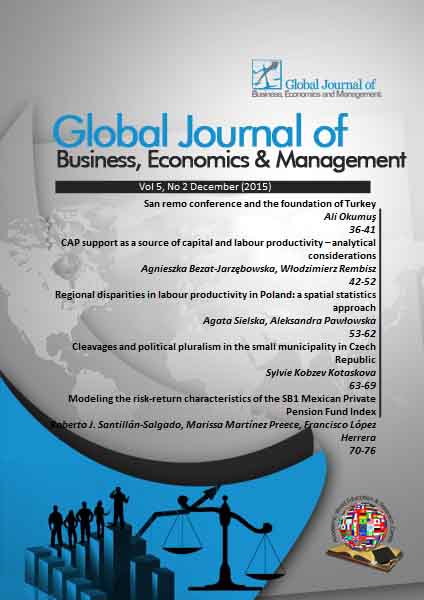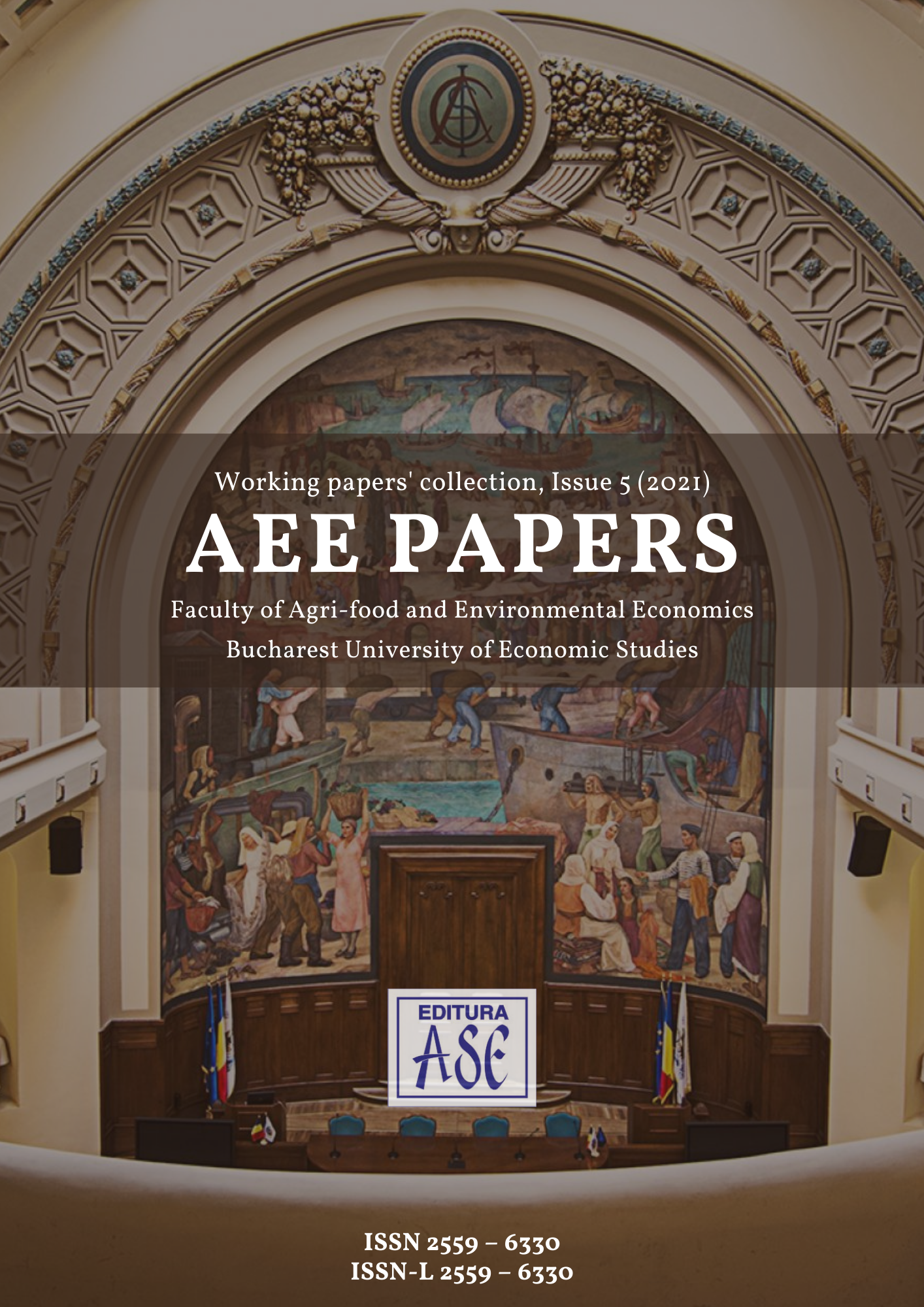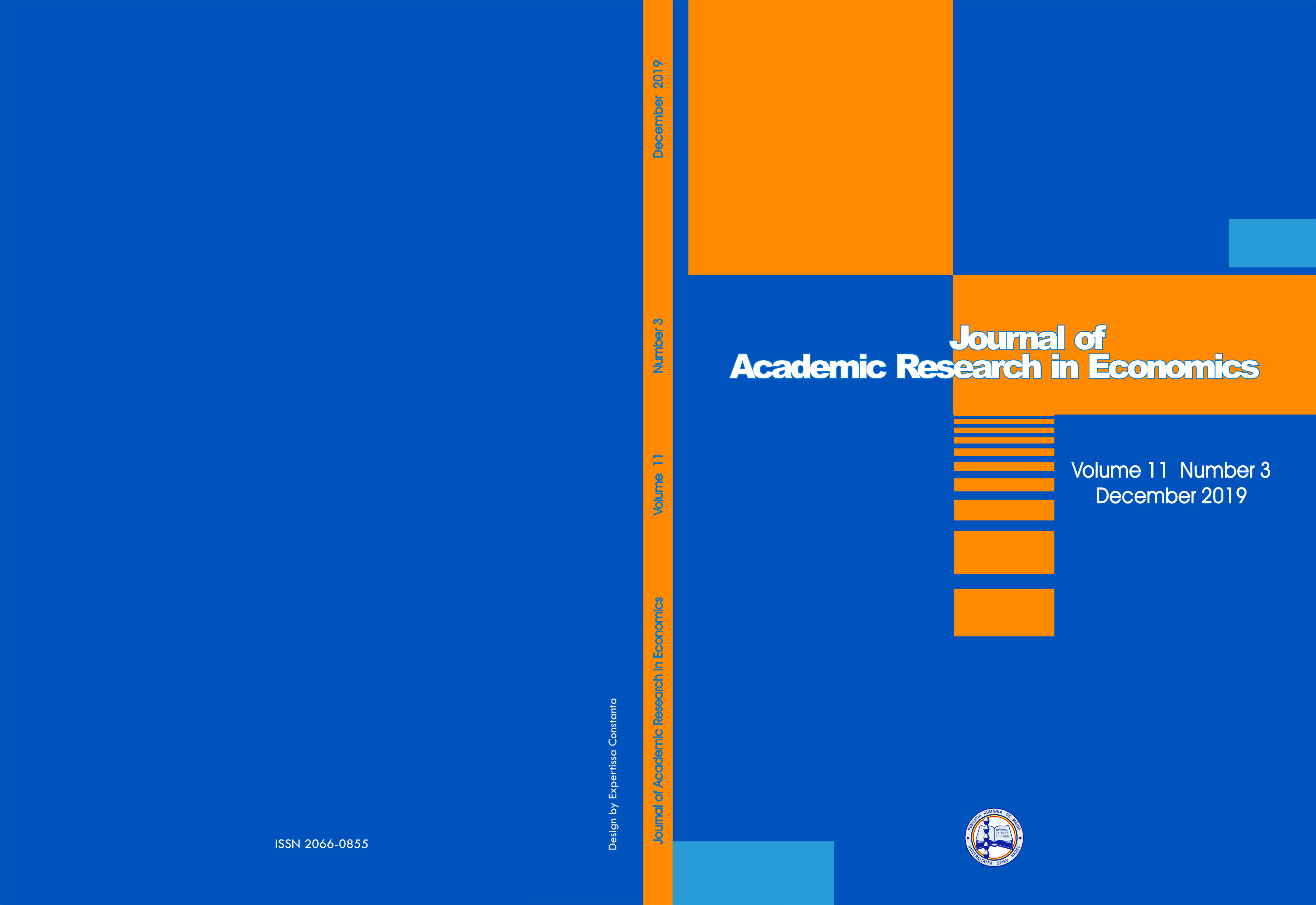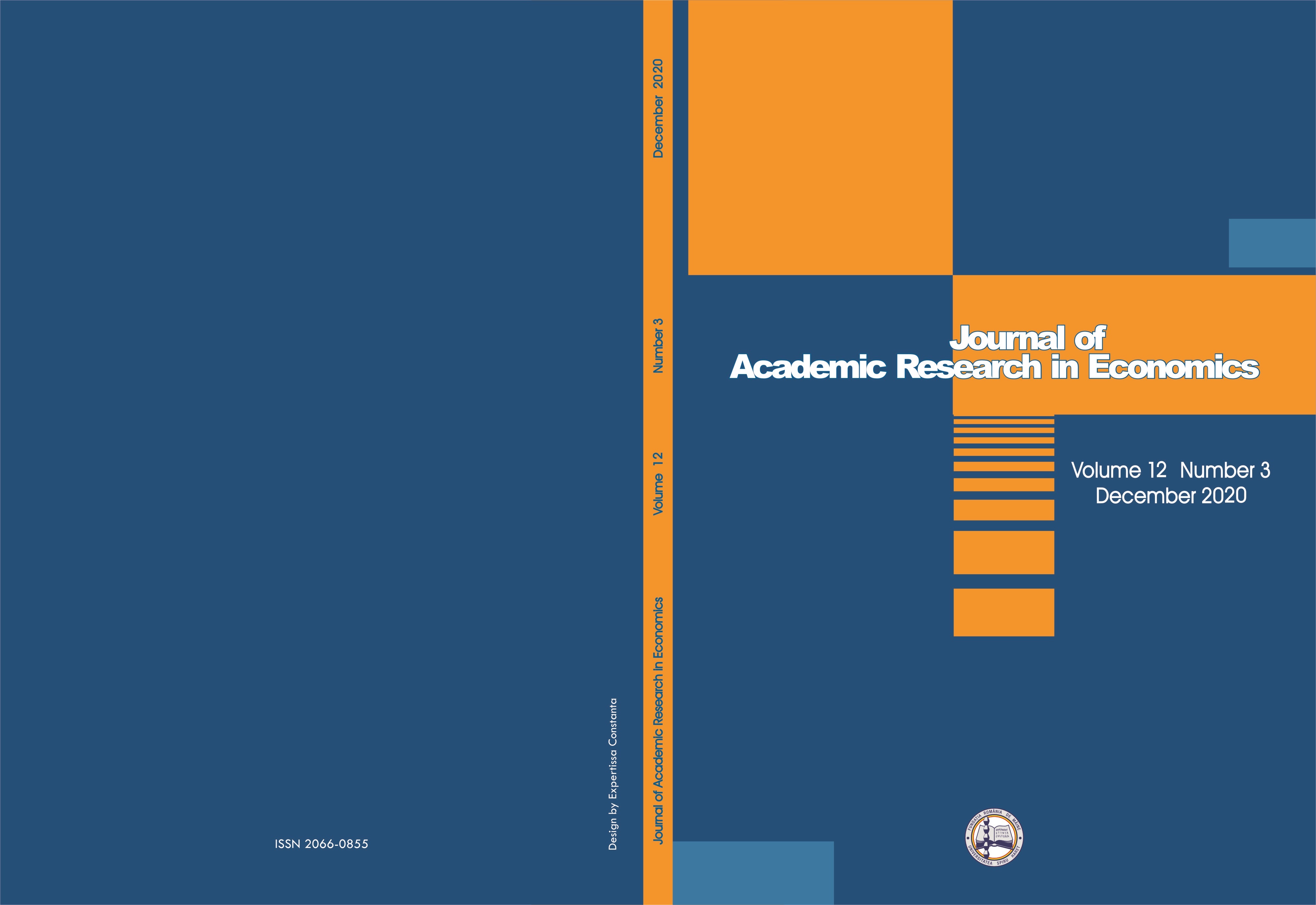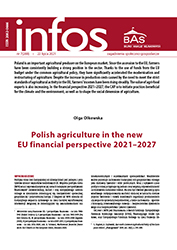
Relating Climate Change-Induced Temperature with Grain Production: A Financial Implication Framework
Climate change continues to unleash wider negative ramifications on humans, including grain production with attendant economic consequences. This paper explored the relationship between climate induced temperature and grain production in Southern African countries. It contributes to the literature by charting the financial implication framework. Maize production was used as a proxy for grain production and archival data on maize production were collected from a sample of five Southern African countries, where high temperature and drought has inflicted havoc on grain farming within the recent years. Hence, data on the five countries were collected over six years 2011 – 2016. Applying the panel data approach and the fixed effect OLS regression, results showed a high correlation between high temperature and low maize productivity in Southern African countries. Further analysis showed that high temperature and drought has led to high cost of production on farmers, increasing price of grain and overall increase in consumer expenditure on maize, which is a staple crop in Southern Africa. The paper prepared a framework of financial implication, which touches on how the poor consumers might be affected by climate change-induced temperature increases. The paper recommends further study, which should expand on the sample size to conduct future research on this relationship. It also provides an agenda for further research on the effect of climate change induced-temperature on food poverty gap in Southern Africa. This recommendation is significant since eradication of food poverty is a vital feature of the 2030 Sustainable Development agenda.
More...
